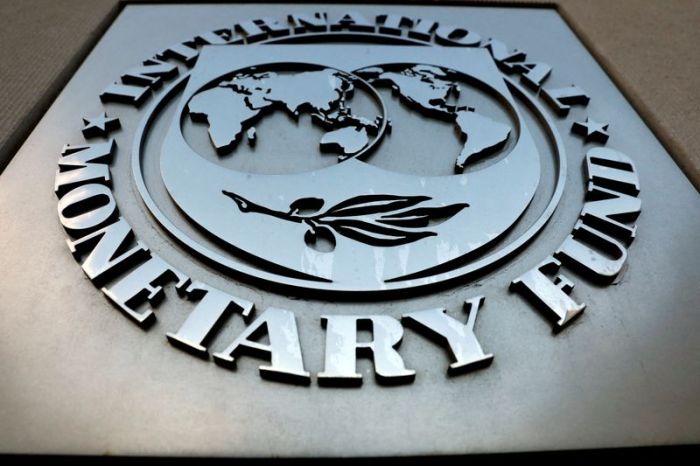(Reuters) – Canada’s main stock index inched lower on Tuesday, as gains in commodity-linked stocks were countered by weakness in healthcare and concerns around escalating tensions between Russia and Ukraine.
At 9:43 a.m. ET (14:43 GMT), the Toronto Stock Exchange’s S&P/TSX composite index was down 16.89 points, or 0.08%, at 20,991.31, with healthcare stocks leading losses.
The United States and its European allies started to announce harsh new sanctions against Russia on Tuesday after President Vladimir Putin recognized two breakaway regions in eastern Ukraine and ordered troops to those regions.
“Until something actually happens or gets resolved one way or another, it’s likely to continue to overhead the markets,” said Colin Cieszynski, chief market strategist at SIA Wealth Management.
“Also we still have interest rate hikes out there and the New Zealand central bank is meeting tonight, they’re expected to raise rates again. There’s so a lot of moving pieces but the political uncertainty and interest rates concerns could continue well into March.”
The energy sector climbed 2.5% as oil prices jumped to their highest since 2014 on the back of supply concerns amid simmering geopolitical tensions. [O/R]
The benchmark equity index was set to extend the previous week’s losses, as concerns around soaring inflation and geopolitical tensions have roiled the market in recent weeks.
The materials sector, which includes precious and base metals miners and fertilizer companies, added 0.4% as gold futures rose 0.7% to $1,912 an ounce.[GOL/]
Meanwhile, analysts believe that Canadian banks are set to report higher first-quarter earnings from a year ago, aided by low provisions for credit losses and improving loan demand. Canadian bank earnings season starts on Thursday.
HIGHLIGHTS
The TSX posted one new 52-week high and nine new lows.
Across all Canadian issues there were 11 new 52-week highs and 72 new lows, with total volume of 61.99 million shares.
(Reporting by Amal S in Bengaluru; Editing by Shailesh Kuber)

























